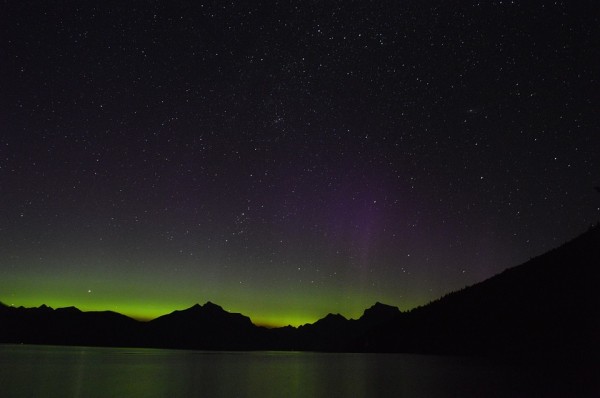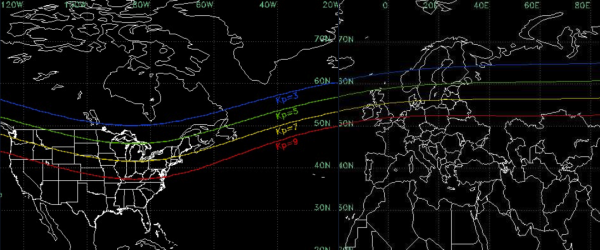"You cannot rob me of free nature's grace,
You cannot shut the windows of the sky
Through which Aurora shows her brightening face." -James Thomson
When the Sun emits a flare or a mass ejection in the direction of Earth, these fast moving particles are when Earth's magnetosphere and atmosphere are of the utmost importance for shielding us. The magnetic field bends these ions harmlessly away from our planet, only funneling a small fraction down into a ring surrounding the poles. The atmosphere absorbs the impact, shielding all living creatures below from this radiation, while simultaneously putting on a show.
 Image credit: public domain photo from Pixabay user skeeze, via https://pixabay.com/en/aurora-borealis-night-947409/.
Image credit: public domain photo from Pixabay user skeeze, via https://pixabay.com/en/aurora-borealis-night-947409/.
Thanks to a coronal mass ejection on the 28th, the northern and southern lights will put on quite a display on the night of the 30th for all skywatchers at or above 50 degrees latitude, with chances that observers further towards the equator might have something to see, too. But the best views of all will belong to the unshielded astronauts aboard the ISS, who will pass around the Earth a full 7 times during our "night," and at the peak of the storm.
 Image credit: NOAA, of the Planetary K-index, courtesy of VE3EN at http://www.solarham.net/viewing.htm.
Image credit: NOAA, of the Planetary K-index, courtesy of VE3EN at http://www.solarham.net/viewing.htm.
